Economics
Beginner
Sale of the Century: The Inside Story of the Second Russian Revolution
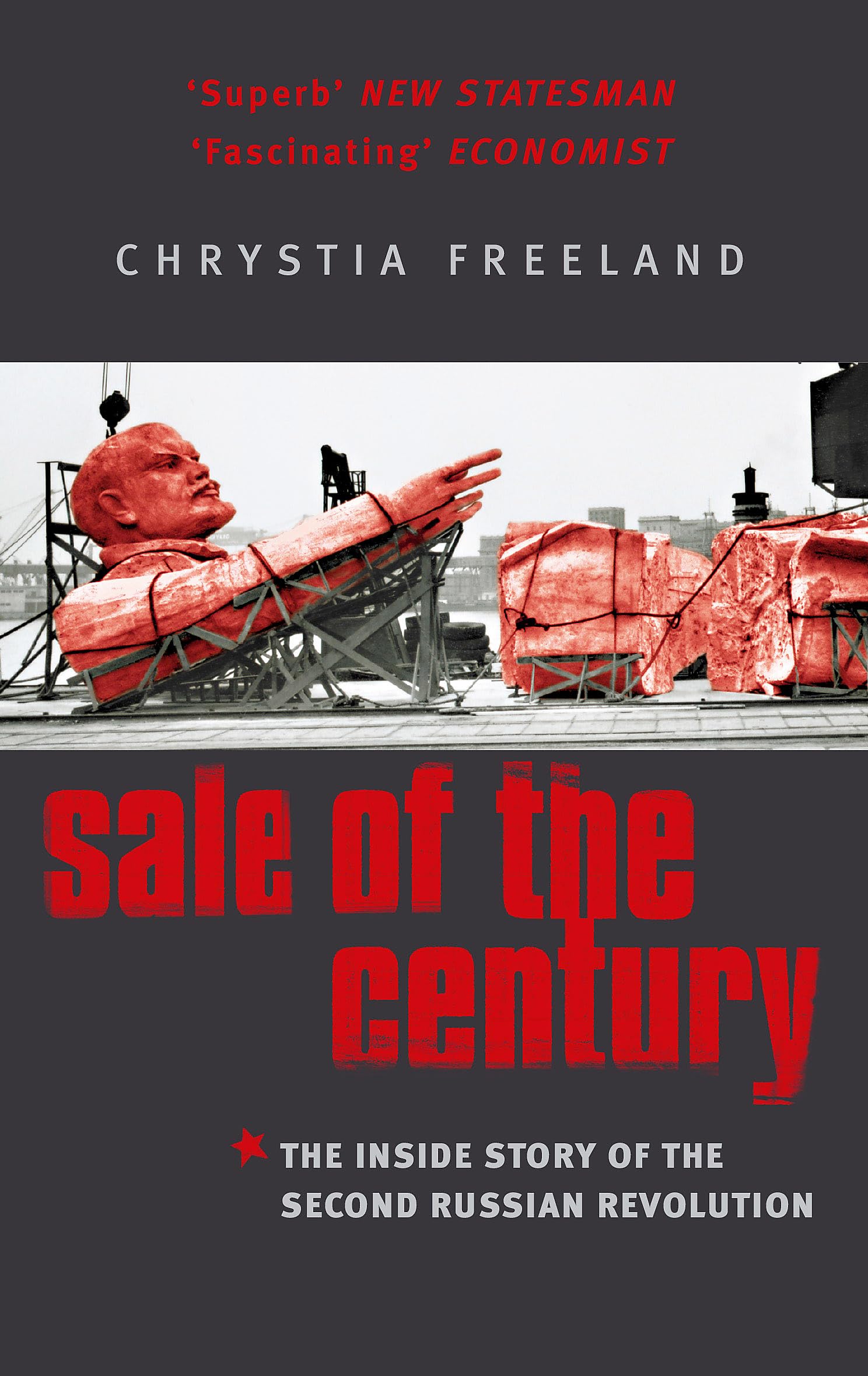
This book describes Russia's transition from a communist economy to a market-driven system in the 1990s, exploring how the rapid privatization of state assets led to the rise of the oligarchs, economic collapse, and widespread corruption.
The author uses firsthand accounts of the key players (including foreign advisors) to both tell the story of modern Russia through the lens of economic history and to gently introduce readers to economic concepts, which makes this an excellent first read.
The Oligarchs: Wealth and Power in the New Russia
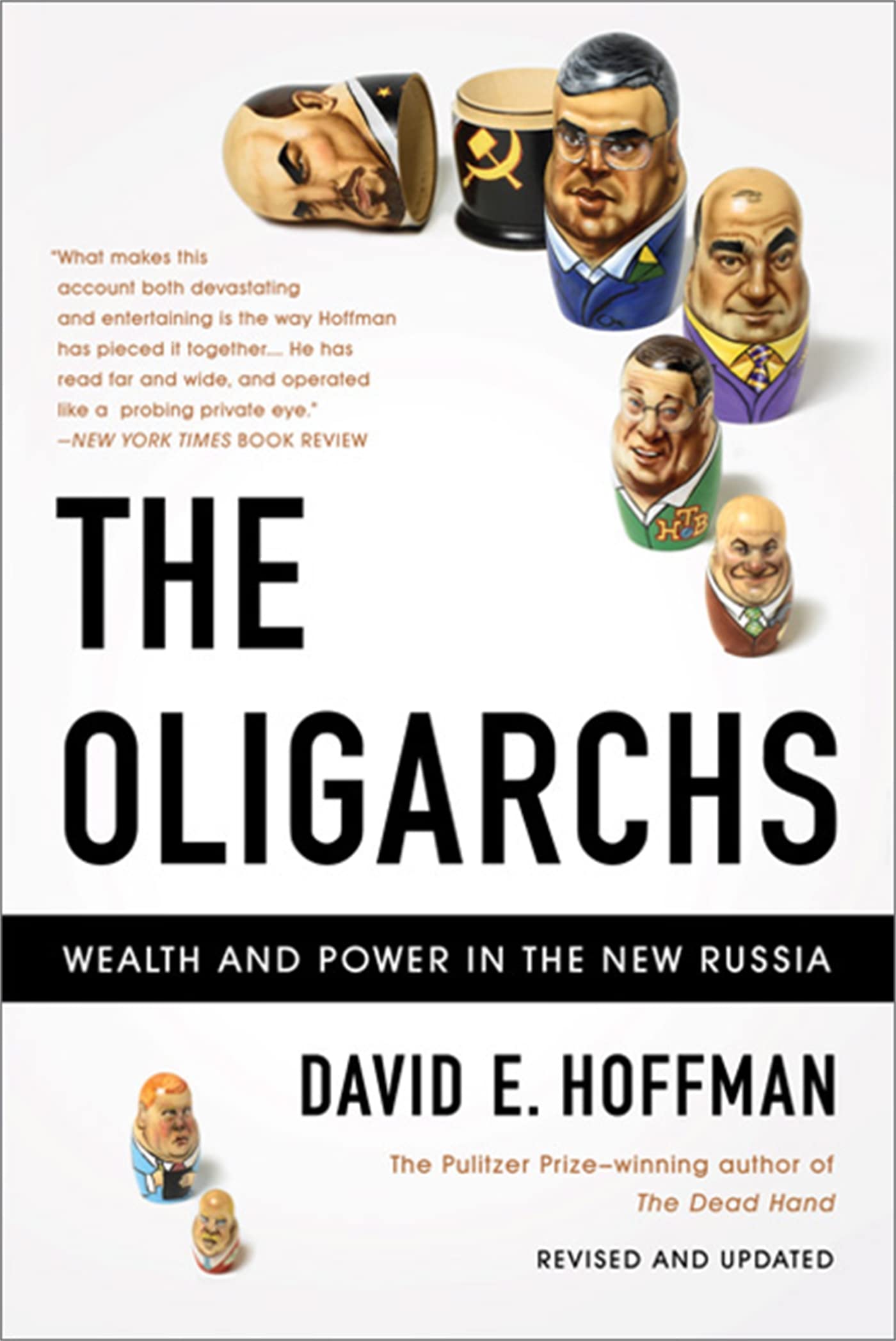
The Oligarchs tells the story of six powerful businessmen who rose to dominance in post-Soviet Russia, shaping the country’s economy and political landscape.
David E. Hoffman explores how these men amassed enormous wealth through privatization, navigated Russia’s unstable political environment, and ultimately clashed with the Kremlin under Putin’s rule (if you're expecting that the author uses Mikhail Khodorkovsky as example for the latter, you're absolutely right).
Putinomics: Power and Money in Resurgent Russia
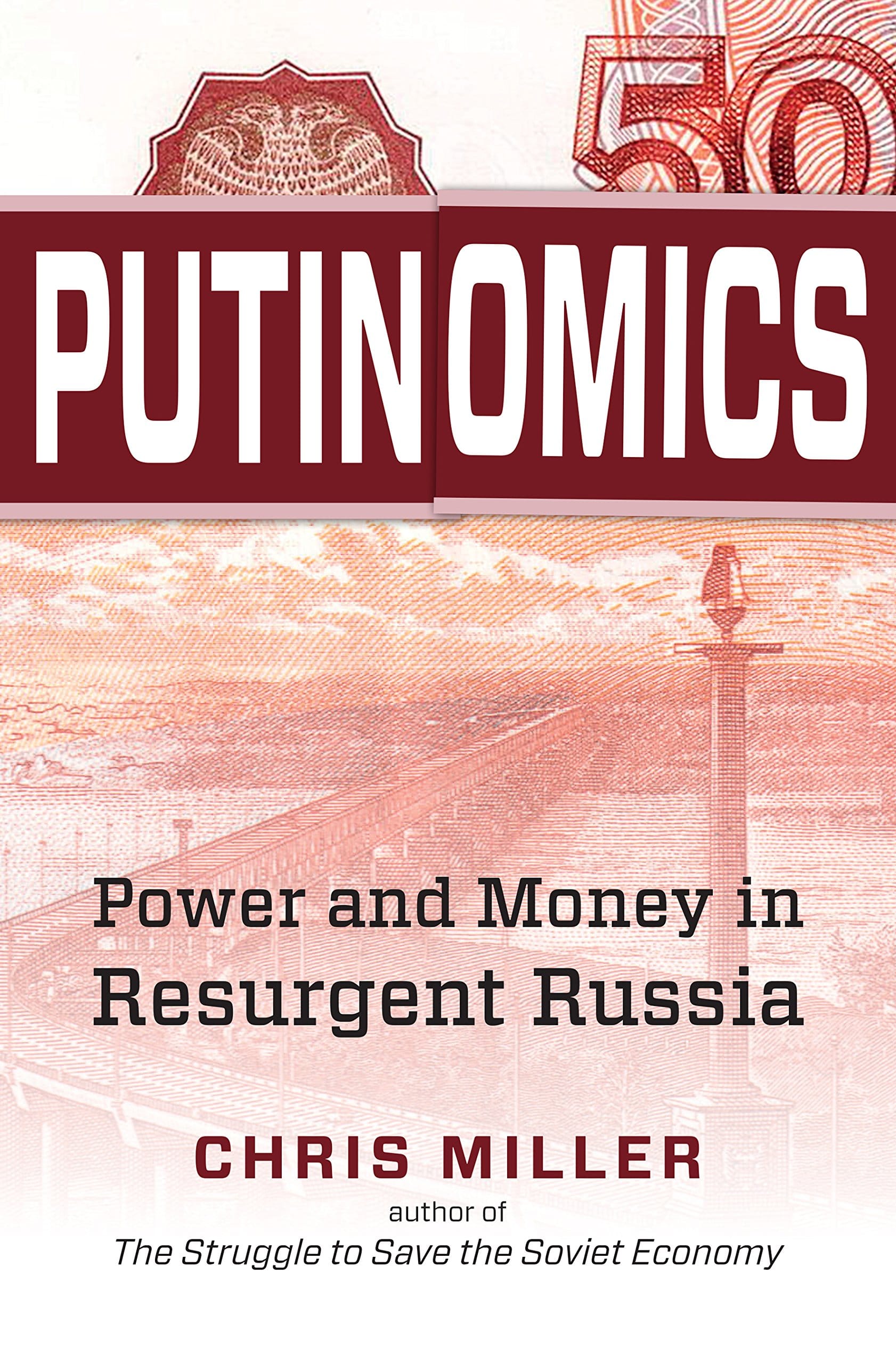
This book examines the economic policies that have defined Vladimir Putin’s rule, from his early efforts to stabilize Russia after the chaos of the 1990s to his use of state-controlled industries and strategic investments to maintain political power. Chris Miller explains how Russia’s economy has evolved under Putin, discussing issues such as oil wealth, sanctions, and state capitalism.
Though it is about economic policy, Putinomics tries to stay as accessible as possible and provides historical context while staying focused on more recent developments and the impact they are having.
Intermediate
Russia’s Crony Capitalism: The Path from Market Economy to Kleptocracy
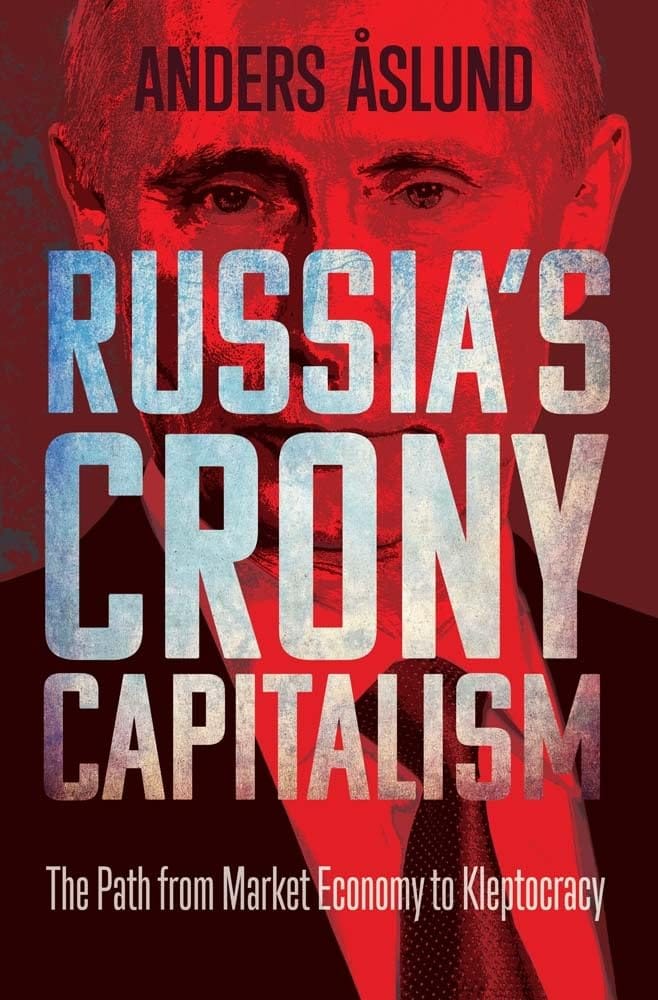
This book examines how Russia transitioned from a potential free-market democracy in the 1990s to an economy dominated by oligarchs and state-controlled enterprises. It explains how crony capitalism emerged under Putin, allowing a small elite to capture massive wealth while suppressing competition and democracy.
It's surprisingly good at breaking down complex financial schemes in a way that people who aren't experts at financial crime can grasp. But you definitely need at least a base level understanding of crime in Russia, particularly in the 90ies.
How Russia Really Works: The Informal Practices That Shaped Post-Soviet Politics and Business
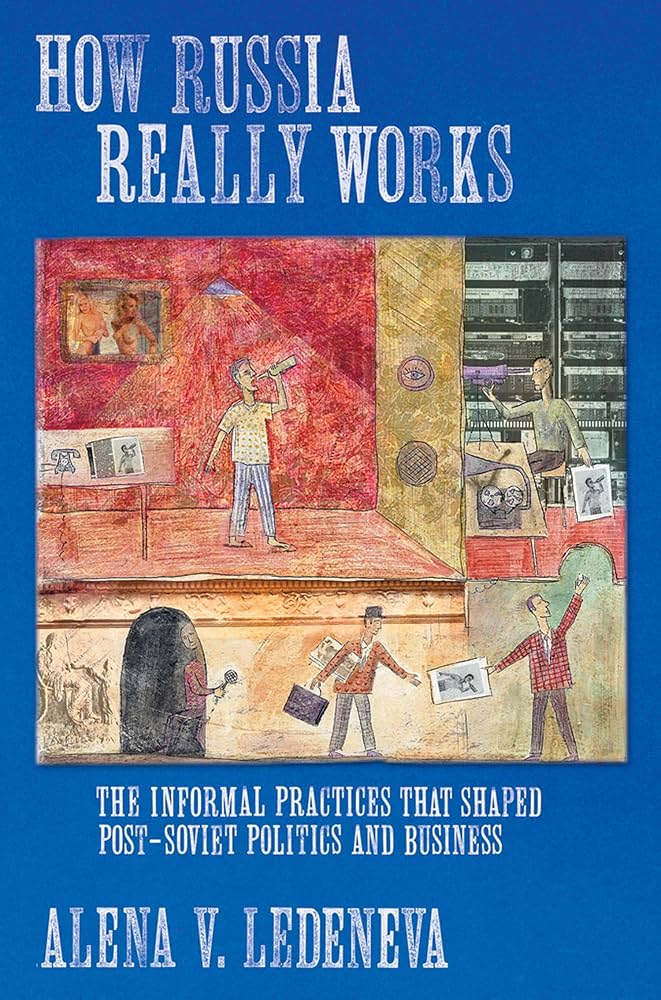
This book explores the informal networks, unwritten rules, and personal connections that define Russian politics and business.
Alena V. Ledeneva examines key practices such as blat (personal favors and patronage), corruption, and bureaucratic bargaining, explaining how these informal mechanisms shape power and economic decision-making in Russia.
She argues that while these practices may seem like (and likely actually are) obstacles to modernization, they are essential for navigating Russia’s political and economic landscape, no matter if you're Russian or not.
The book goes beyond surface-level discussions of corruption and provides a nuanced look at how informal networks operate - which is why it's helpful to have some understanding of political science, sociology or .. "crime stuff".
Russia after the Global Economic Crisis
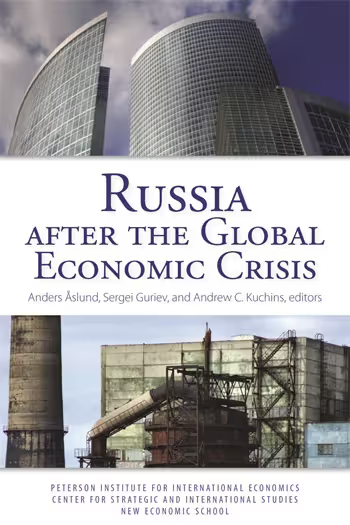
This book contains a variety of contributions from economists and policy makers, analyzing how Russia responded to economic instability and what long-term effects the financial crisis of 2008 had on its financial, political, and social systems.
While the book assumes that you have some familiarity with economic concepts and principles, it does not require deep subject matter expertise. Which is why it's a good choice to go below the surface level without drowning.
Russia’s Capitalist Revolution: Why Market Reform Succeeded and Democracy Failed
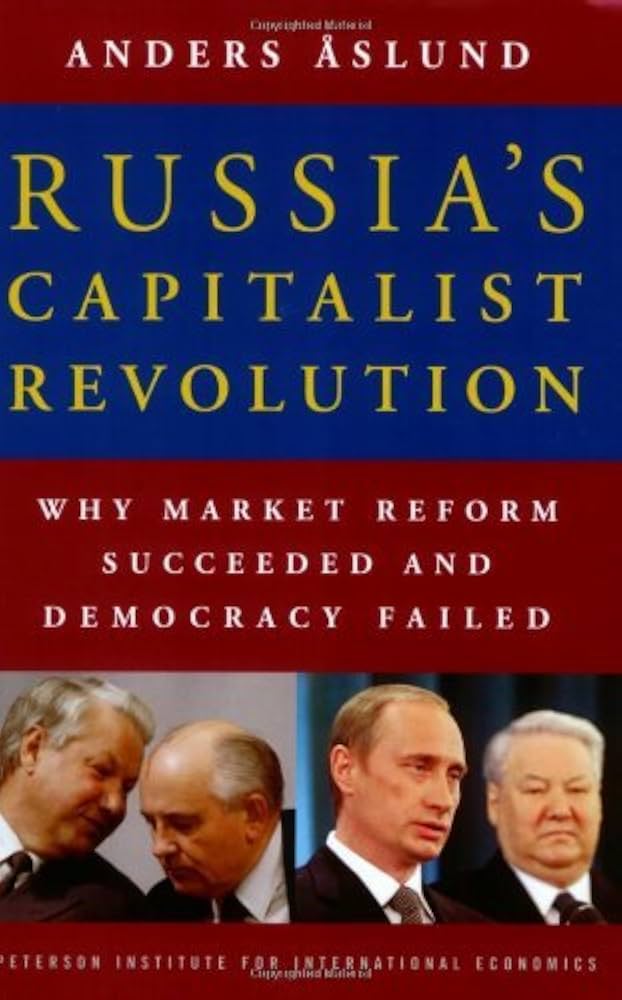
This book argues that while Russia successfully transitioned to a market economy in the 1990s, its democratic institutions failed to take root. The looks at the economic reforms of the Yeltsin era, examining how privatization, oligarchic power, and state capitalism shaped modern Russia.
Anders Aslund contends that economic liberalization was largely successful but was accompanied by political centralization under Putin. He mixes political and economical analysis without diving too deeply into technical discussions. A recommended read if you want to better understand how politics and economy (and crime) are intertwined in Russia today, and how that has come to be.
The Political Economy of Russia
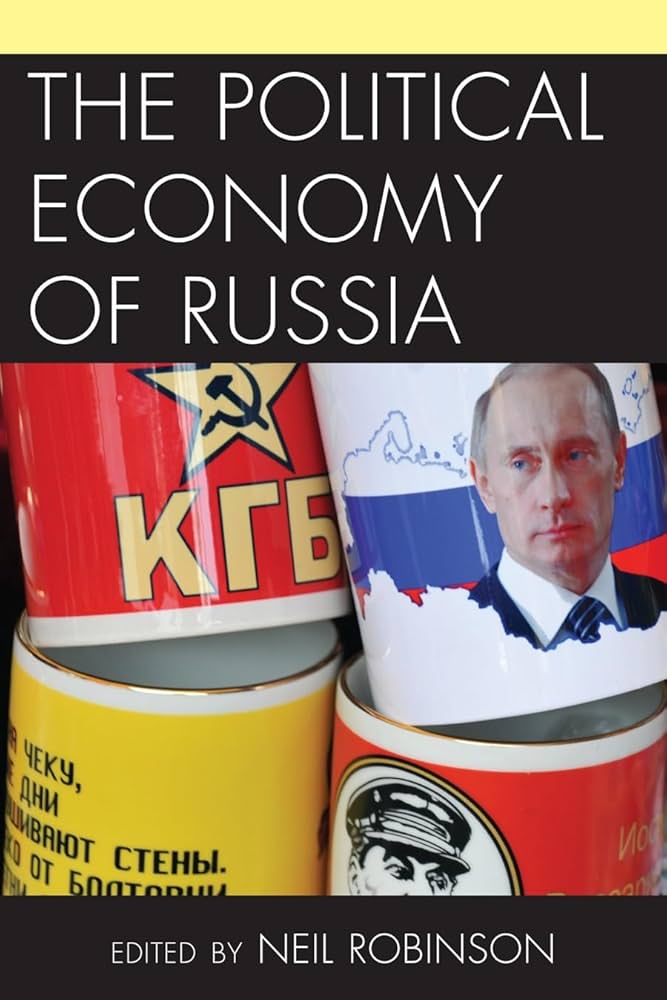
The contributions to this book deal with themes such as state control over strategic industries, the role of oligarchs, economic policymaking, and Russia’s place in the global financial system. The book explores how economic factors interact with political power, offering insights into Russia’s long-term development trajectory.
The multi-author approach means that you get a range of perspectives, but the level of prerequisite knowledge also varies from chapter to chapter, depending on the author.
Advanced
The Russian Economy: From Lenin to Putin
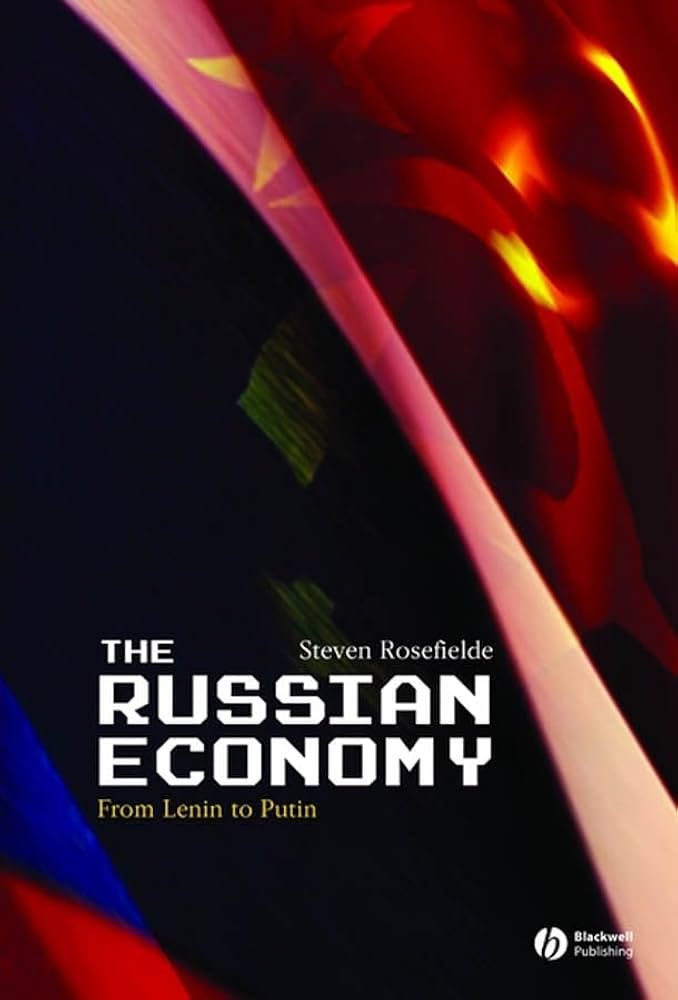
This book provides a comprehensive economic history of Russia from the Soviet era to modern times, examining the structure, policies, and inefficiencies that have defined the country’s economic trajectory. It looks at the command economy under Lenin and Stalin, the planned economic failures of the Soviet Union, and the post-Soviet transition to market capitalism. It also analyzes Putin’s economic policies, state capitalism, and the persistent challenges of corruption, rent-seeking, and inefficiency in the Russian economic system.
While it's less than 300 pages in length, it deals with advanced economic theory and policy critique - it includes discussions of economic models, statistical trends and macroeconomic factors. It requires a solid understanding of economic principles.
If you, like me, don't have it, you can still read it. But I had to do a lot of searching on the Internet to remotely understand what they were talking about at some point.
Russia’s Economy of Favours: Blat, Networking, and Informal Exchange
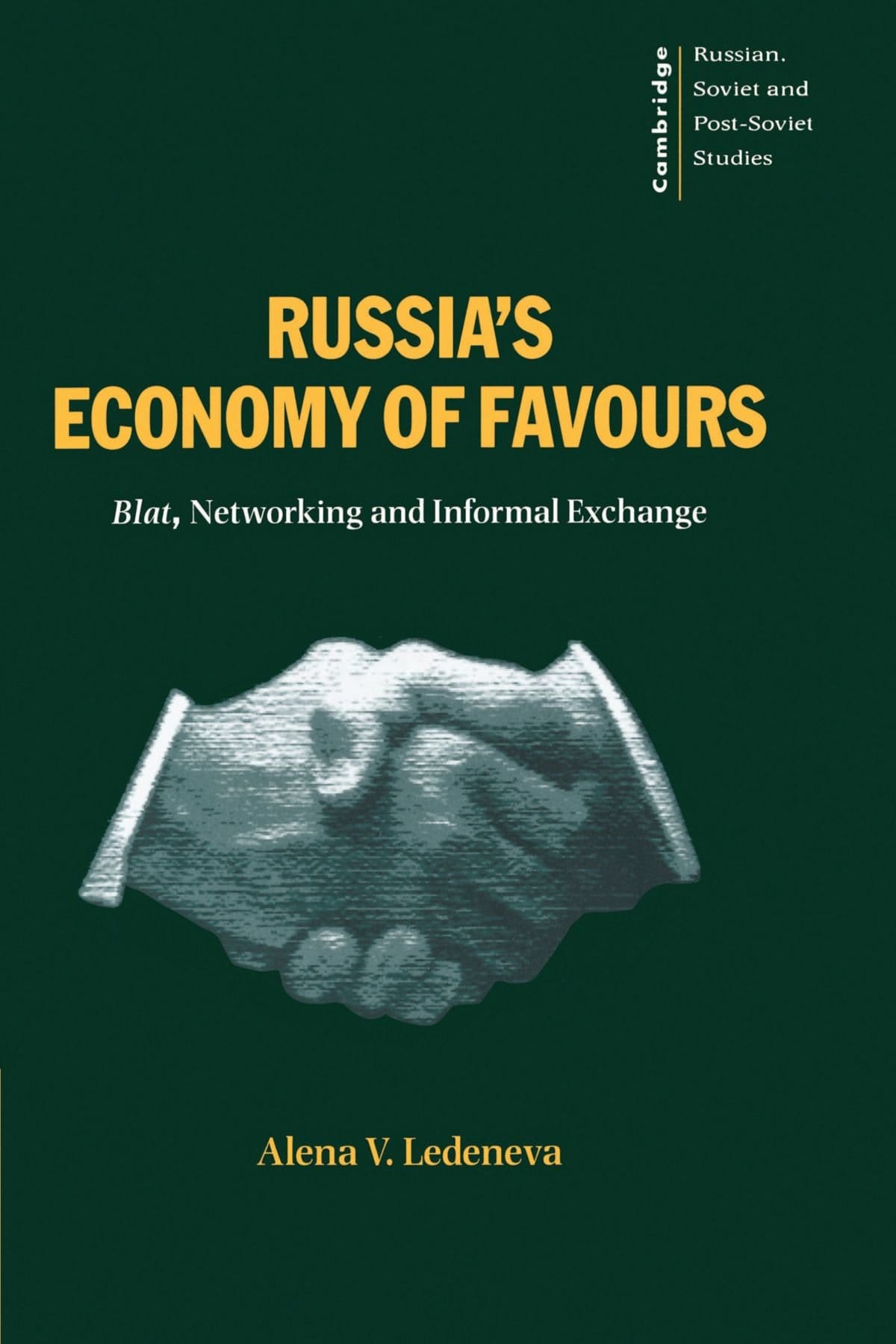
This book is a seminal study of the informal economy in Russia, focusing on blat -the system of personal connections, favors, and informal networking that has historically played a crucial role in Soviet and post-Soviet society.
Alena V. Ledeneva explores how these unofficial exchanges functioned in the Soviet planned economy and how they have persisted in modern Russia, shaping business, politics, and everyday life.
While the concept of blat is conceptually straightforward, this book is deeply academic and requires familiarity with economics and political science.